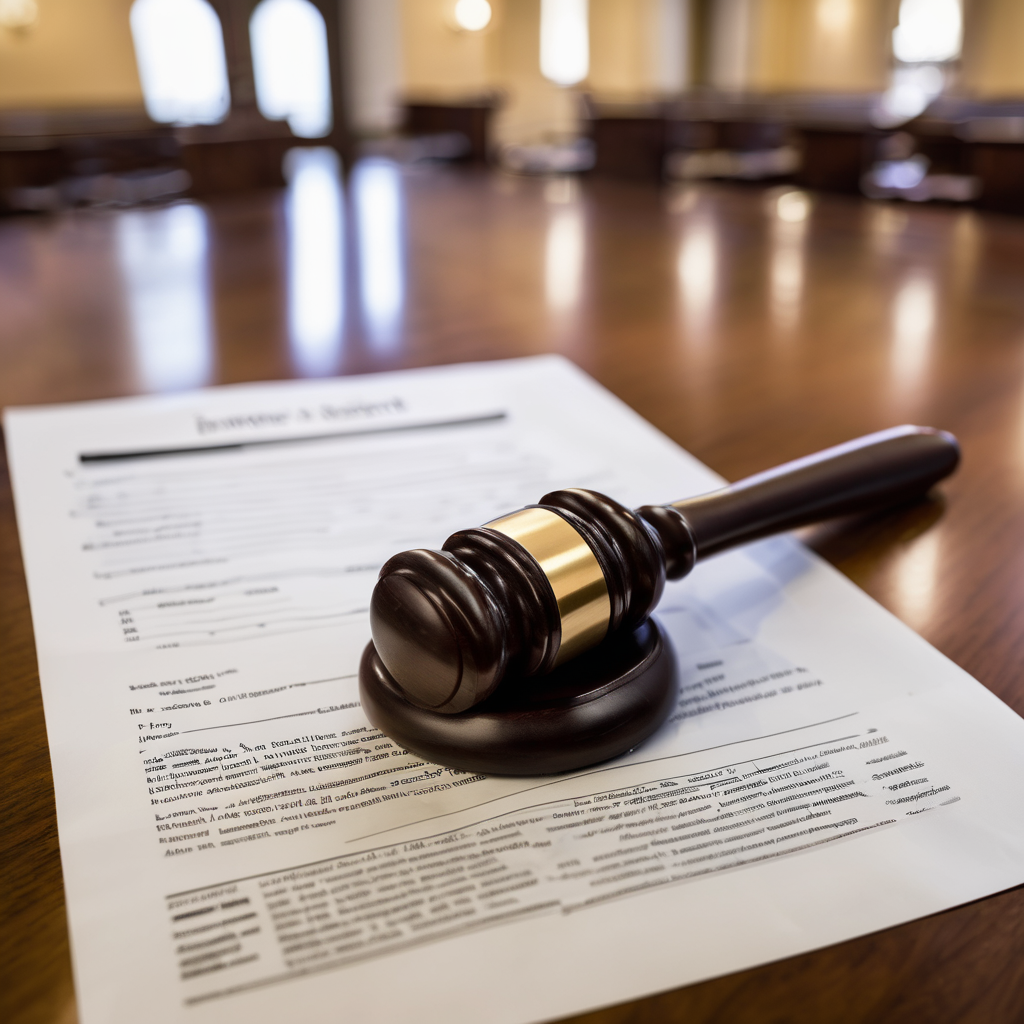A federal judge has sharply criticized the Justice Department for its handling of the investigation and prosecution of former FBI Director James B. Comey, highlighting what he described as a “disturbing pattern of profound investigative missteps” and “government misconduct” that could jeopardize the case’s legitimacy. U.S. Magistrate Judge William Fitzpatrick ruled on Monday that prosecutors must promptly submit the complete transcripts and audio recordings of the grand jury proceedings that led to Comey’s indictment last September for allegedly lying to Congress.
In his extensive 24-page ruling, Fitzpatrick shared a comprehensive critique of the criminal case against Comey, which he deemed a hasty process that resulted in flawed charges. He emphasized a “cavalier” approach by the prosecution that may have violated Comey’s constitutional rights.
The Justice Department may choose to appeal Fitzpatrick’s directive to release the grand jury materials to the overseeing district judge. A representative for the department refrained from commenting on the matter.
Acknowledging the unusual nature of his request, Fitzpatrick noted that disclosing grand jury materials is typically rare. However, he stressed that it is essential given the potential for government misconduct to have compromised the proceedings. The judge’s conclusions were drawn from his review of records tied to the grand jury, which was overseen by Lindsey Halligan, the interim U.S. attorney for the Eastern District of Virginia, appointed by former President Donald Trump following calls for Comey’s prosecution.
Fitzpatrick enumerated several procedural and legal errors that could ground Comey’s defense against the indictment. He pointed out that Halligan, who had previously worked as Trump’s attorney without any prior prosecutorial experience, may have misrepresented crucial legal standards to the grand jury during their deliberations.
In his ruling, Fitzpatrick noted that Halligan faced pointed inquiries from the grand jurors about the case and improperly suggested that Comey must prove his innocence at trial, which runs counter to the government’s burden of proof.
The judge also scrutinized the prosecution’s reliance on emails and communications collected from Daniel Richman, Comey’s friend and legal advisor, during a prior investigation. The Justice Department claims that Comey permitted Richman to act as an anonymous source for a New York Times reporter concerning the 2016 investigation into Hillary Clinton’s use of a personal email server. They allege that Comey misrepresented this information during a Congressional hearing in 2020.
The Justice Department had obtained search warrants for Richman’s devices during the previous inquiry, which concluded without charges, and sought to use the gathered materials in the current case. However, Comey’s legal team has challenged this, raising concerns regarding attorney-client privilege and the lack of judicial approval for using information from the prior case to support the recent indictment.
In light of his examination of the grand jury records, Fitzpatrick underscored that the materials acquired from Richman were pivotal to the prosecution’s case against Comey. Any future determination that these materials were inappropriately utilized could further jeopardize the validity of the indictment. Fitzpatrick criticized the government’s approach, suggesting a disregard for essential Fourth Amendment protections and judicial restrictions.
This development in Comey’s case underscores significant accountability concerns within prosecutorial practices and affirms the judiciary’s critical role in ensuring fair legal proceedings. As the case continues to unfold, it might serve to refine future investigative protocols and maintain the integrity of the justice system.
